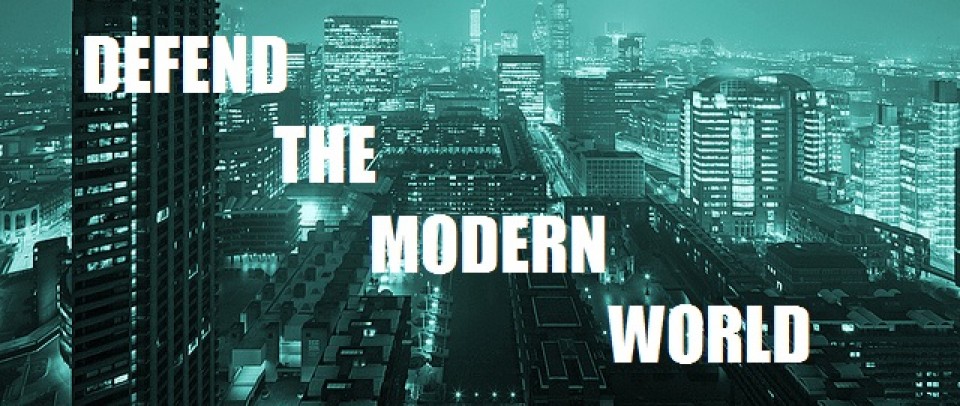Tags
America, American Liberty, balance of power, BBC, Britain First, Christianity and Islam, Civilisation, Defend the modern world, end of oil, EU, Facebook, Indonesia, Iran, Iraq, ISIS, Islam, Malaysia, Middle East, Military, Muslim, Muslims, oil collapse, oil price, oil prices, oil saudi, Race and ethnicity in the United States Census, Saudi Arabia, United States, War, Weapons
The collapse of the price of oil over the past few months has sent shockwaves through an already vulnerable global economy, slowing the ascent of China, threatening the recovery of America, and causing stock markets from London to Shenzhen to wobble precariously on their foundations. But surely no part of the world is more affected by fluctuations in the oil market than the Muslim Middle East, specifically the nations of Iran, Iraq, Saudi Arabia and the Emirates of the Persian Gulf.
If the downward trajectory in oil prices continues for just a few more years, the economies of these countries will be plunged into crisis, their social order, military upkeep and political power undermined and potentially destroyed. And there is something else to consider in all this. Seeing as oil and Islam have been locked in a very profitable alliance for the past 50 years, what will this decline mean for the civilizational balance of power? Can Islam’s political and military ascendance survive the shock of a post-oil era?
Optimists imagine that without oil, states like Saudi and the UAE would be without influence in the world. Since their economies are based entirely on energy revenues, they reason, such countries would – in the case of an oil collapse – be reduced to the diplomatic grade of Burkina Faso or Zimbabwe. This is not entirely accurate. While it is certainly true that without oil the nations of the gulf will see a massive decline in standards of living, this will not necessarily mean the end of their mischief-making in world affairs. Saudi Arabia, to take a prominent case, has invested much of its gargantuan wealth in blue-chip Western companies – companies which will continue to reap the Saudi state considerable profit for as long as they are trading. The Saudis have also purchased an astonishing array and quantity of modern weaponry, including – according to some – nuclear missiles from Pakistan. This military power will in the short term (or with nuclear weapons, in the very long term) guarantee the country a louder voice than it deserves.
As for Iran, Saudi’s arch-enemy, the outlook is rosier in some respects, and murkier in others. Since the revolution of 1979, the Islamic Republic of Iran has faced the boycott of its energy industry by much of the developed world. This has meant that Iran’s state finances have remained in poor shape, and also that they haven’t managed to buy up stocks in Western companies to the extent that Saudi has. On the other hand, this long period of boycott has forced Iranians to build an economy unreliant on the energy sector – a post-oil economy, if you will – and this will give the country a very important head start in the rush to regional economic diversification. The same is also true of Iraq, which has until very recently functioned without a petroleum economy.
Taken overall, the Islamic world will only face a sub-regional decline in diplomatic power from the collapse of oil. Outside of the oil-producing area itself, many Islamic countries have high economic growth rates even without energy reserves – these include the nations of Turkey, Egypt and Indonesia, all of which also possess considerable military strength to increase their bargaining power. Thus, the collapse of oil will sink Islamic power in the short-term, only for the power lost to be replenished later in different places. Given that these places will be less extreme than Saudi and Iran, the prospect for a general moderation of Islam is very real, if hardly as curative as liberal commentators would have us believe.
Here in the modern world, the end of oil politics is surely something to celebrate. A nasty and corrupt stench is about to be cleared from the air. The Islam-Oil alliance, even in so brief a period as it has existed, wrought real damage on the world at large. It is directly responsible for the 9/11 attacks in America, as well as for the crippling of Western economies in the 1970s. It has perverted American and British politics, enriched soulless monarchs and dictators, and radicalised much of the Islamic world against its will.
Good riddance.
D, LDN






